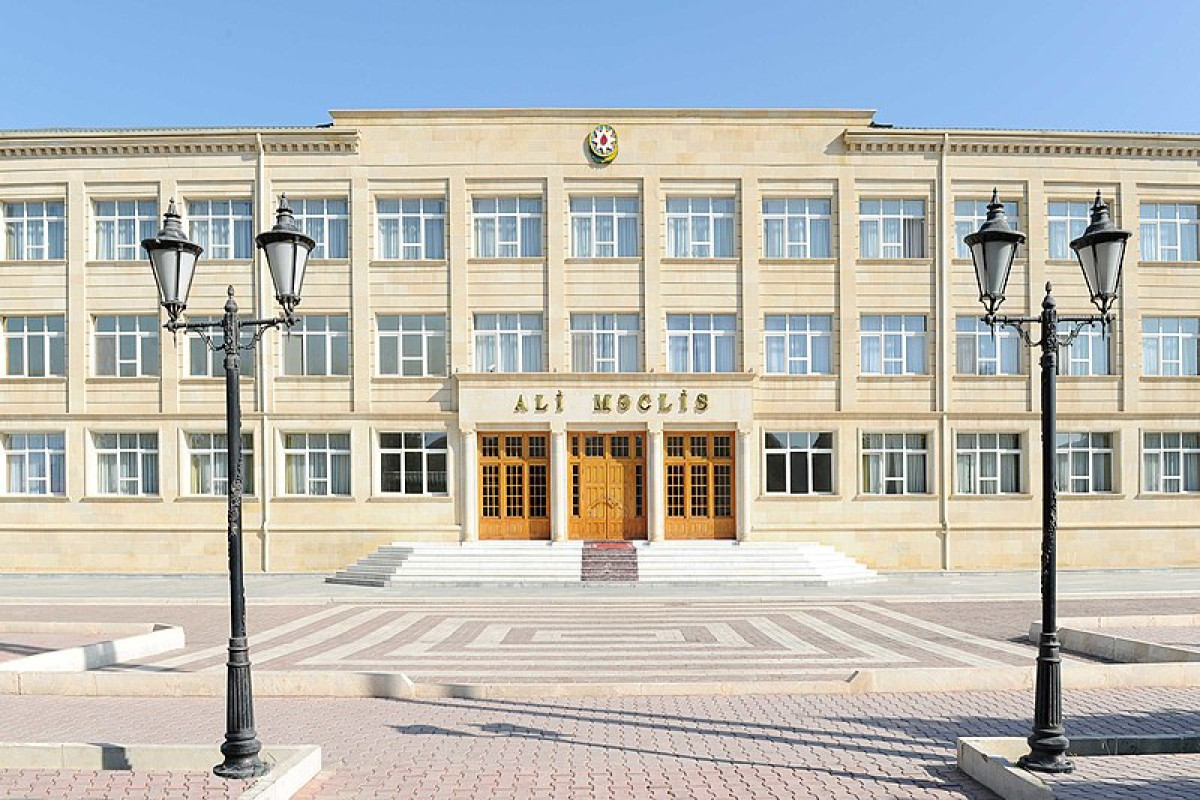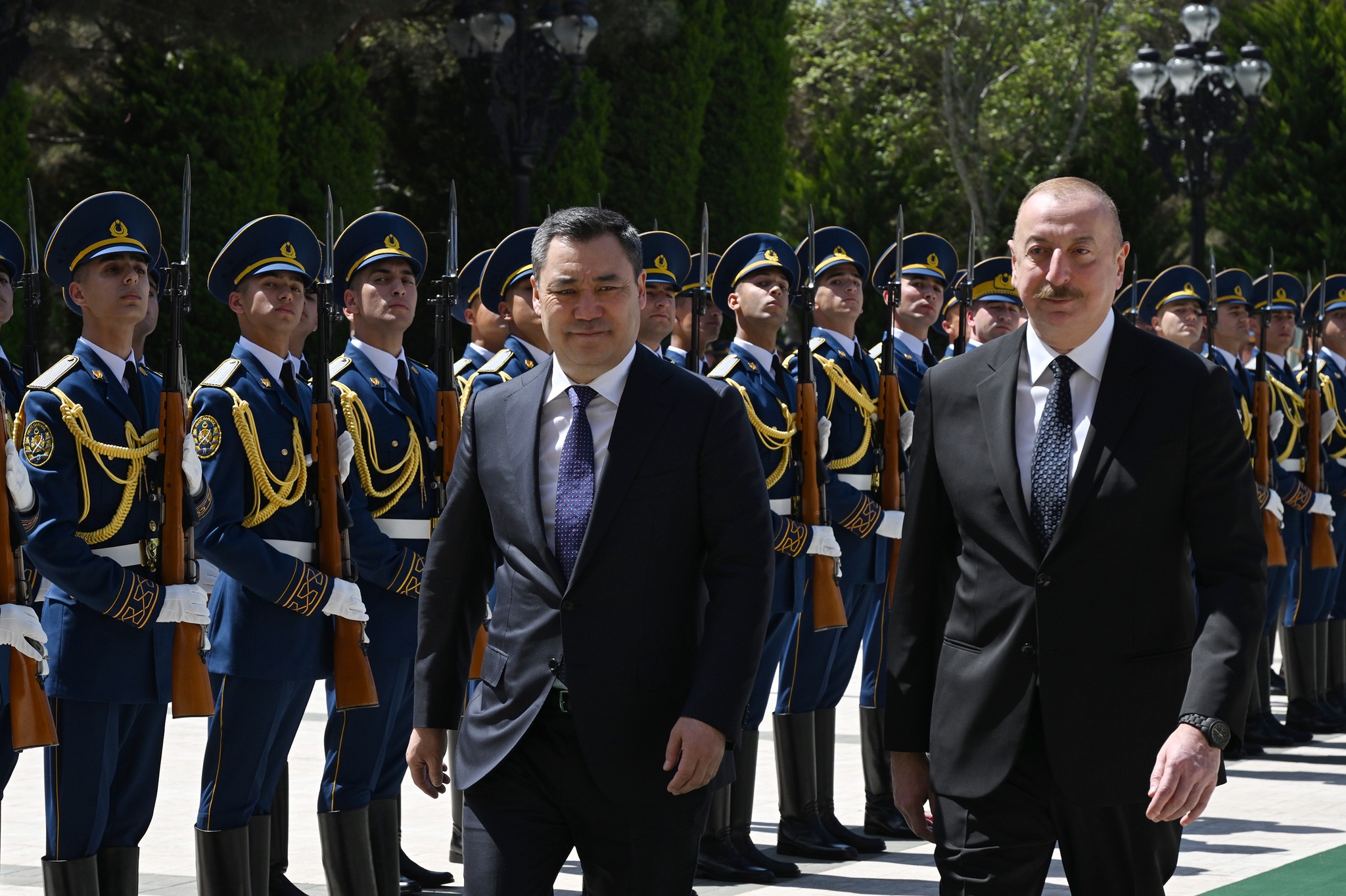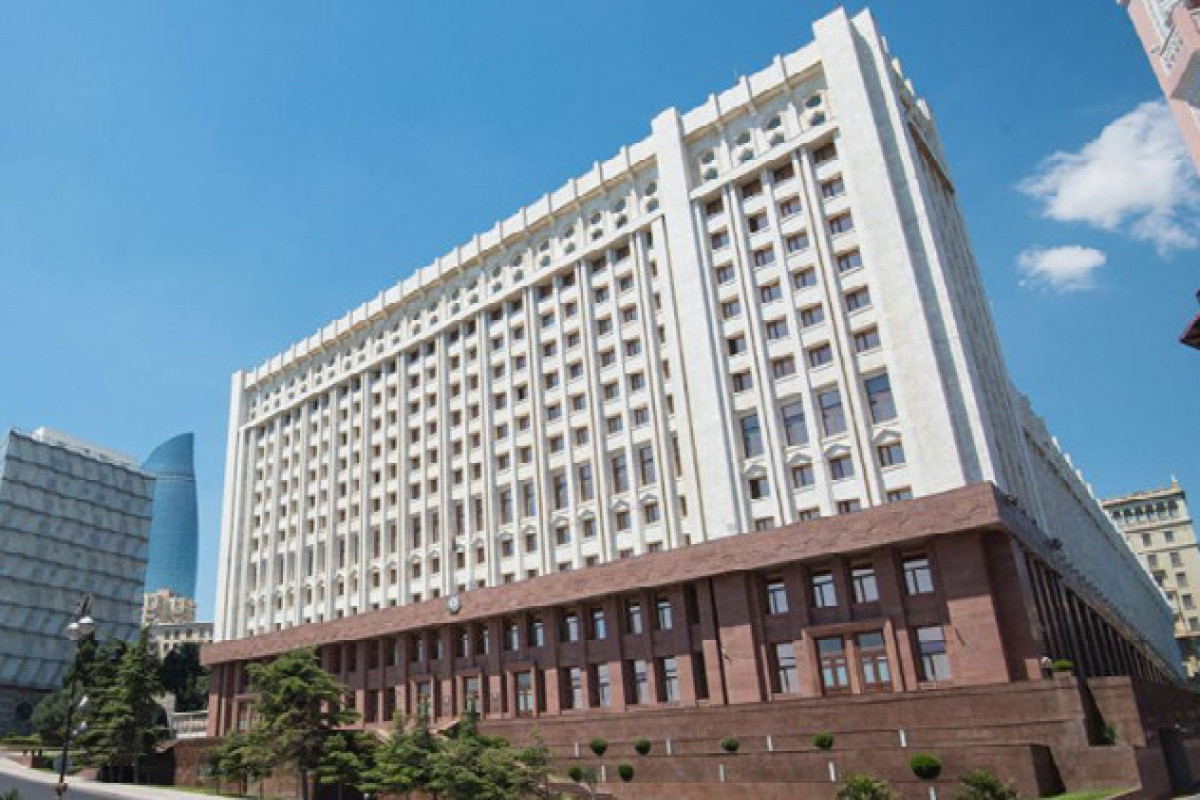President Trump sees every U.S. trade deficit as a clear sign that the U.S. is being treated "unfairly" and "ripped off."
The latest figures released last week showed a significant increase in our trade deficit in goods and services with the world and record deficits with China and the European Union. The U.S. is currently on track for its largest annual trade deficit since 2008.
Yet, despite President Trump’s belief that trade deficits go hand-in-hand with a weak economy, just the opposite is occurring. The U.S. is experiencing increases in manufacturing, overall GDP growth, and, at last, wage growth.
Why is the U.S. trade deficit at record levels, despite the Trump administration’s aggressive actions against what he considers unfair trade deals and practices?
Simply put, trade deficits are driven far more by broad economic conditions — such as how U.S. economic growth compares with other countries', U.S. and other countries’ savings and investment rates and the value of currencies — than by tariffs and trade barriers.
A country's trade balance for a given period is essentially the difference between the value of the goods and services produced at home that it sells abroad and the goods and services it buys from abroad. The trade balance does not reflect — especially for a country like the U.S. — that imports are often used as inputs for goods produced for export.
The trade balance is the largest element in a country's "current account," which sums up flows from all its international transactions for a given time period.
The current account balance also reflects a country’s net income from abroad — the difference between income we earn on U.S. investments abroad (interest, dividends) and income paid out on foreign investments made here.
The U.S. current account is essentially the difference between national savings (public and private) and domestic investment.
The U.S. economy has run a current account deficit for decades, with our last trade surplus occurring almost 45 years ago. This simply means that annual U.S. domestic consumption, investment and government spending levels exceed what we produce at home.
Because U.S. domestic spending exceeds our annual savings, the U.S. is a net borrower on the world economy. This overwhelmingly reflects U.S. economic strength, not weakness, relative to other countries.
It captures our huge appetite for consumption over savings, as well as the international community's confidence in the safety of U.S. laws and institutions when they invest here — not our "unfair" treatment.
The U.S. has enjoyed high levels of domestic investment and spending while our national savings rate has been falling for decades. The rest of the world has been willing to lend us their savings to cover the difference between our massive consumption and our low savings.
During economic expansions like the one the U.S. has enjoyed for the past nine years, imports almost always surge. Unless exports grow at the same rate, which depends heavily on economic growth elsewhere, the U.S. trade and current account deficits widen, as they have.
This does not mean that there are no "unfair" barriers in China and elsewhere to U.S. exports and foreign investments, nor that there is no value in working to update and improve trade agreements. Far from it.
What it does mean is that U.S. trade and current account deficits are not inherently "bad," nor an indication of U.S. economic weakness. They are much more a reflection of our economic and policy conditions relative to others than of our unfair treatment by U.S. allies and trade partners.
Pressing for massive tariff increases, ditching trade agreements that protect U.S. economic interests and undercutting the post-World War II trade system we helped create in order to open markets will not eliminate these deficits. The approach will weaken the U.S. and global economies.
In fact, the administration's stimulative policies, with large tax cuts, large defense increases and massive additions to U.S. budget deficits (an estimated $1.8 trillion over the next 10 years), clearly are increasing U.S. trade and current account deficits.
These policies fuel American demand for imports and reduce U.S. savings, in no small part because our economy is growing faster than most others.
A recent World Bank report asserts, "Global current account balances are set to widen owing to the United States' relatively high demand growth…"
In addition, China and the EU are rushing to front-load purchases from the U.S. to avoid tariffs and trade disruptions, especially given the president's threats to do more.
China's economy is weakening, in part due to U.S. tariffs, yet China is running a record trade surplus with U.S. The yuan’s decline against the dollar is making imports from the U.S. more expensive. China, and others, will find it harder in the near-term to import more U.S. goods and services.
The U.S. dollar is the world’s reserve currency and safe haven. It is strong now, with global conditions volatile and risky, making U.S. exports more expensive for other countries, and U.S. imports cheaper.
Added to that, the U.S. Federal Reserve is tightening its monetary policy and plans to raise interest rates four more times this year alone, further strengthening the U.S. dollar, which adds upward pressure on U.S. trade and current account deficits.
So, rather than reducing U.S. trade deficits, the administration's policies have substantially increased them.
But while the U.S. economy appears strong even as our trade deficits with China and others balloon, this pattern could reverse.
By adding risk to world trade and global supply chains, President Trump's approach to fighting trade deficits has made trade policy frictions a real risk to global growth.
A 2018 study by World Trade Organization and World Bank experts found that trade policy uncertainty reduces global trade measurably. World Bank models indicate that "if current trade policy threats are realized…global output could be about 0.5 percent below current projections by 2020."
JP Morgan believes that a "worst case" trade war would cut 1.4 percent from global growth over the next two years due to lower trade volumes, supply-chain disruptions and lost business confidence.
Financial market experts at FactSet report this week that such a trade war would result in a sharp, widespread drop in markets around the world, with the U.S. stock market among the hardest hit.
Already there are signs of trouble. Global trade volumes were flat in the second quarter, ending two years of steady growth.
The bottom line is that U.S. trade deficits are not inherently "bad," and often coexist with strong U.S. economic growth. Raising tariffs and disrupting trade will not eliminate such deficits directly.
Ironically, such policies could well lead to slower U.S. and global growth, and thereby lower U.S. trade deficits, but with terribly damaging costs.





















